A multi-million dollar agricultural business cannot function without the support of its agricultural supply companies.
Your supply company ensures that farmers have all of the tools of the trade, from seeds to saws, in order for them to complete their work, which is something that is only possible if the related companies choose the appropriate business plan.
The following are some of the best operational tips for agricultural supply companies, straight from the horse's mouth, to help you get the most out of your company and ensure that you have the appropriate tools for the appropriate employees.
Select a Plan for Your Business
The first thing you have to do is choose the kind of supply store that you are going to run.
At first blush, this seems like an easy choice to make; how many different possibilities are there to choose from? When it comes to operating a business that provides global agricultural supplies, however, there are actually a lot more business models available than you might initially think.
Cooperatively owned and operated supply stores, for instance, have seen significant growth in recent years.
It is estimated that there are approximately two million farmers currently working in over two thousand agricultural supply cooperatives.
The combined revenue of the one hundred agricultural cooperatives that are considered to be the largest in the world amounts to 176 billion dollars per year.
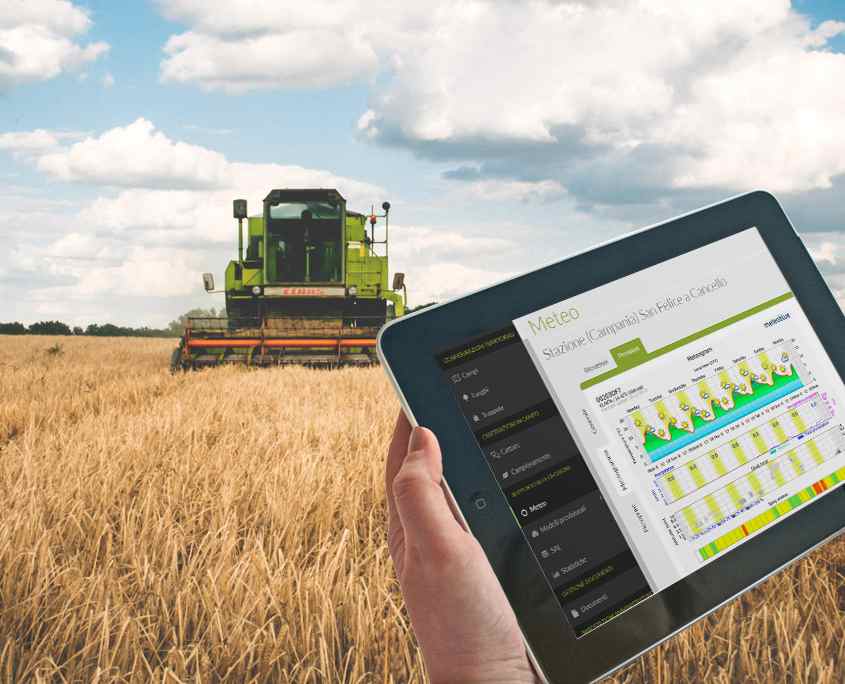
The partnership model is appealing to owners and customers for a number of different reasons, including the following: Consistent clientele: In this business configuration, the client serves the role of the owner.
Because the businesses in question follow a democratic mode of operation, the "customer base" can be said to have a stake in the company's overall prosperity.
Price reduction: Since cooperatives reinvest their residual income in the business, their members benefit from a lower overall price.
These companies put their profits toward improving the quality of service they provide to their customers, rather than returning the extra cash to their investors.
Community is the overarching goal of cooperative management, as well as its guiding principle.
These companies are an exceptional illustration of a group of individuals cooperating as a unit in the modern era, which is not very common.
Not only does this foster a sense of community among employees of the organization, but it also encourages other businesses in the area to adopt similar practices.
One fact remains the same, regardless of whether you run a traditional store or more of an association: the inventory you keep will determine the success or failure of your company.
Your supplies are ultimately what will set you apart from the competition, and if you are unable to satisfy your customers' requirements, they will quickly stop patronizing your business.
Pay attention to the stock Farmers require a wide variety of supplies, and it is your responsibility to provide them with an adequate supply at all times.
To be a competitive agriculture supplier, you need to carry all of the equipment (and we do mean ALL OF THE EQUIPMENT) that is associated with the industry.
This includes animal fodder as well as garden equipment.
You will have access to a comprehensive list of tools, feeds, and other resources.
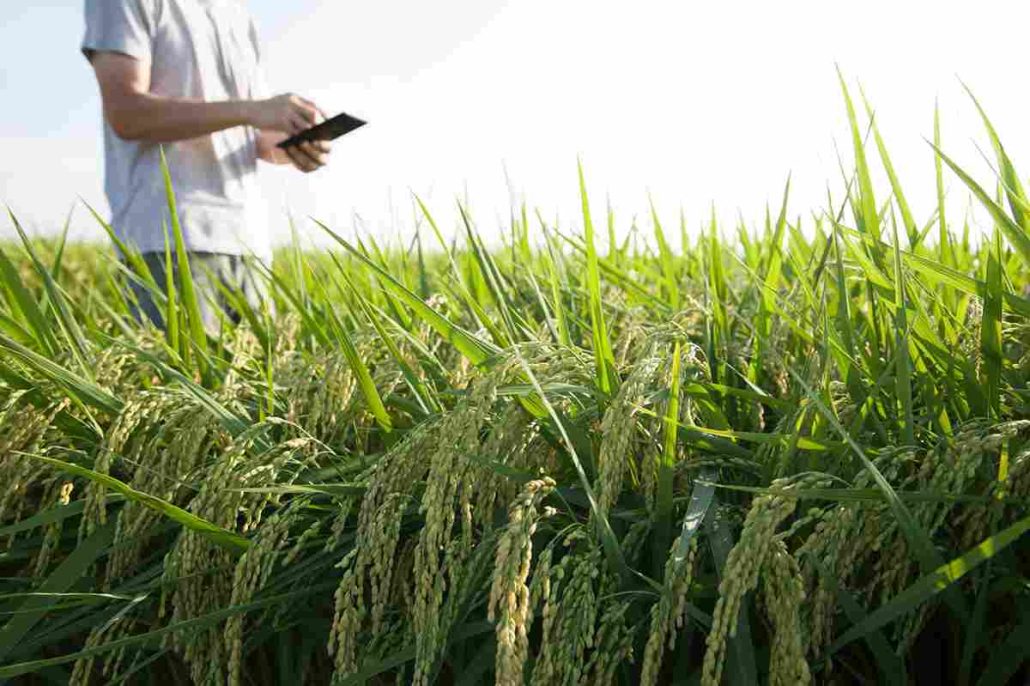
One of the most difficult challenges you will face is accommodating and managing a large and abundant inventory, which may include things like fence nets, chicken forage, work clothes, garden seeds, and more.
Variety is the name of the game, and in order for your agricultural supply store to remain competitive, it needs to serve as a one-stop shop for all of your agricultural product needs.
Naturally, if you don't have a solid customer base to back up your supply warehouse, it won't be worth nearly as much as it could be.
This brings us to the next point that we will discuss.
Conduct Research on the Demographics of the Customers Taking charge of your company's operations Knowing your customers is the first step toward controlling your destiny.
Get started by contacting the Chamber of Commerce in your area to obtain information on the local population.
With this information, you will have a basic understanding of who is working in the area and what price range they operate in.
After that, you should conduct some research on the local market as well as the employment culture there.
Certain crops, average harvests, weather conditions, and other factors are among the things that should be known.
This kind of insight will assist you in better meeting the specific requirements of your customers and ensuring that they have the supplies they require for particular operations.
The aforementioned information can be obtained in two very simple ways.
First, investigate the local competitors and the products they offer. Use your drills as a compass; if they have been successful in the field for a significant amount of time, it indicates that they are carrying out the appropriate actions, which you should replicate.
You should also get in touch with the agriculture department of the state.
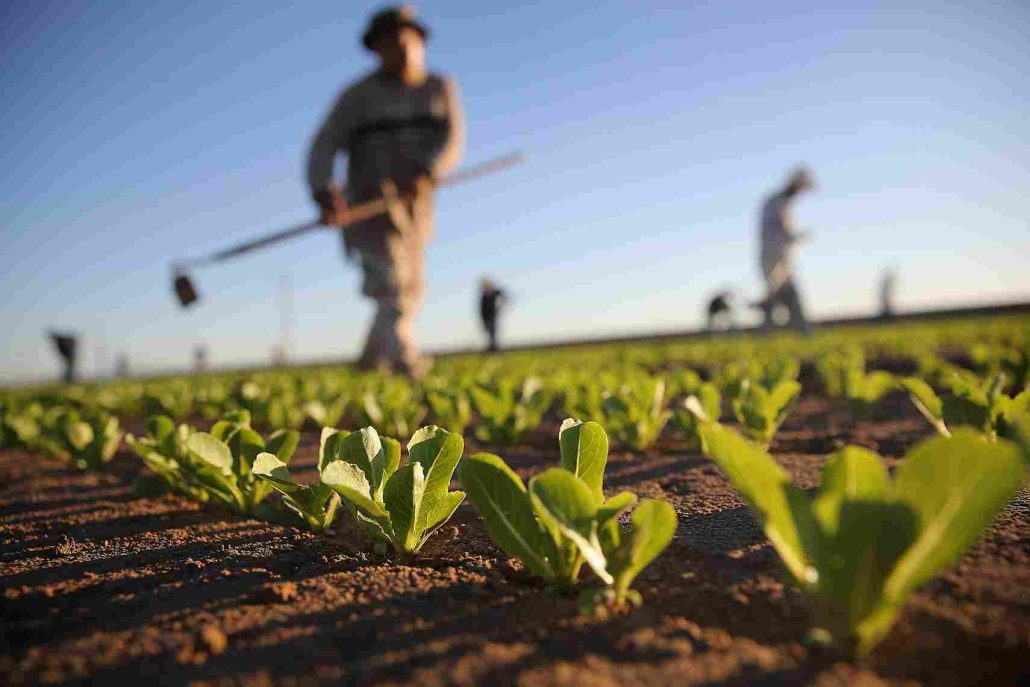
The office is able to gather information on the operations of local farms and can assist in identifying emerging market trends that may have an impact on the products you offer.
Find a solution for the business logistics.
As is the case with all forms of entrepreneurship, the most important factor in determining your level of success is the company you keep.
Your team ought not to be limited to the following professionals, but you can certainly include them if you like: Someone with experience in retail and/or farming would be ideal for the position of accountant.
They are able to assist in determining which applications are the most advantageous, such as sole proprietorship, limited liability company, corporation, and so on.
Commercial Insurance Agent - As a result of the fact that you and your employees will be working with a diverse assortment of chemicals, pieces of equipment, and heavy machinery, it is imperative that you use appropriate risk protection for this job.
Staffing: Make sure to hire a diverse group of people who have a variety of skills for your supply store.
Make it a goal to hire specialists in each of the major departments.
Have someone who is responsible for things like animal feed, home improvement, gardening, and so on, so that you can call on them to be enthusiastic about meeting the requirements of your customers.

Your overall workforce determines the quality of your store, so it is important to strategically staff it.
If you want to plant the seeds of success and help your agricultural supply company grow into a sustainable company, follow the advice that was provided above, and please don't hesitate to get in touch with us if you have any additional questions.
Business plan for agricultural supply
Both farming and gardening are intricate industries to operate in.
It takes more than just having a knack for gardening and being willing to get your hands dirty if you want to be successful.
You need to be able to run your agricultural business growth in an effective manner, including the ability to forecast not only the cycles of your crops but also your cash status and income.
You will need a business plan in order to effectively supply the needs of your clients.
Your farm or food production business will benefit from having a solid plan to guide business growth.
It can improve your chances of receiving financial assistance from the government in the form of grants or loans, it can assist you in the management of your company during challenging times, and it can help you identify other potential sources of income, such as travel or counseling.
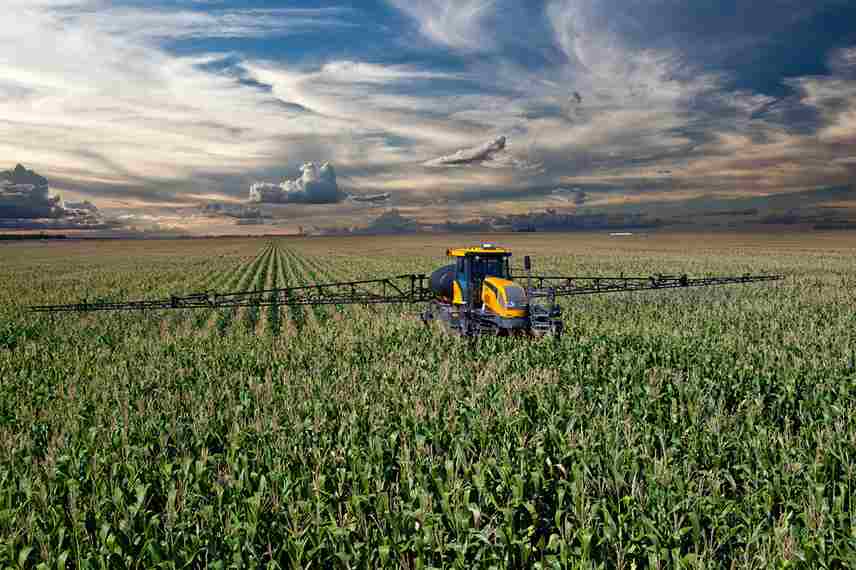
Check out our sample business plans for farms, food producers, food production facilities, and other farming-related business plans if you are unsure of where to begin.
These sample business plans can serve as a source of inspiration.
Or, if you want a more advanced plan that will assist you in easily managing your agriculture business, we suggest that you consult with our specialists.
This will provide you with additional guidance that will support you in working toward a plan that will be useful.
The business plan for agritourism
For the purpose of better illustrating the agritourism business plan, let's use the example of the Vineyard Bed & Breakfast: Summary for Executives The Enchanted Vineyard Bed and Breakfast is a charming bed and breakfast (B&B) that can be found in Oregon's Lorraine Valley, just outside of Eugene.
The valley is well-known for its stunning scenery as well as its dense population of vineyards.
Missy Stewart is going to run the bed and breakfast on her own as a sole proprietorship.
The Bed and Breakfast will be located in Stewart's brand-new home when it is finished.

Their private residence serves as the centerpiece of the bed and breakfast experience.
There is a private bathroom attached to each of the five rooms.
The establishment includes a wonderful central living room for guests to congregate in, as well as a private garden patio and an on-site estate situated on Stewart's 10 acres.
The best part is that each room has windows covering sixty-five percent of the walls, which provides guests with unrivaled views of the valley.
Market The Enthralled Vineyard will go up against hotels as well as other bed and breakfast establishments within the hospitality industry.
Although The Enchanted Vineyard competes with hotels, its primary rivals are other bed and breakfast establishments.
The Enchanter's facilities are significantly larger and more comfortable than those of comparable B&Bs.
Nothing particularly remarkable can be said about any of the small bed and breakfasts (those with fewer than nine guest rooms).
On the other hand, Enchanted Vineyard is a house and vineyard that were just recently built and are located in a picturesque setting.
Magic Vineyards will focus on appealing to these three distinct demographics.
The first type of traveler is someone looking for a weekend getaway, typically a resident of Eugene who just wants to get away for the weekend.
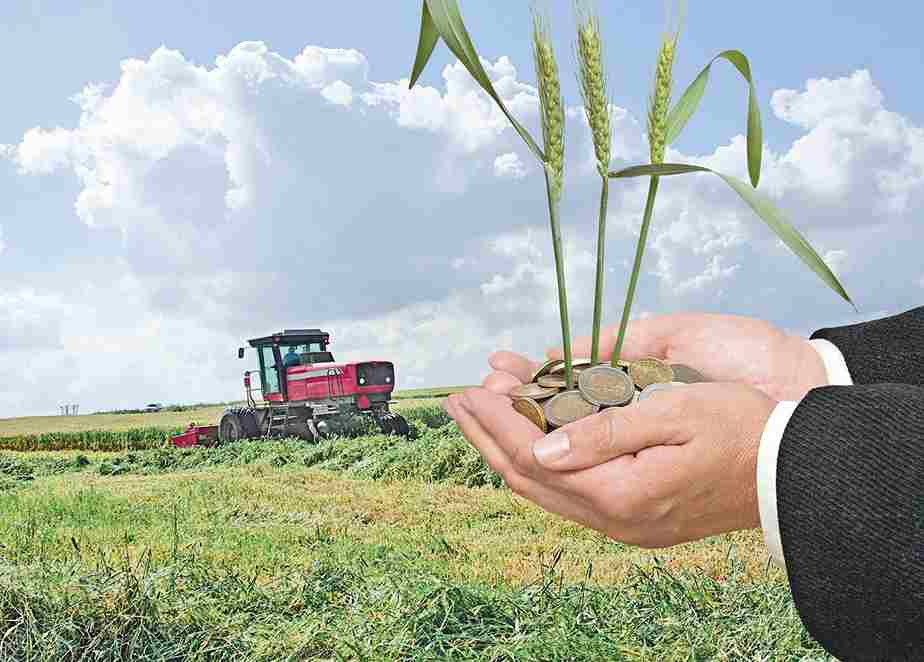
The beautiful city of Eugene is located in the Willamette Valley, and it is well-known all over the country for its estates, bikes, and old trees.
This customer base currently has 12,000 potential customers and is expanding at an annual rate of 11 percent.
The second group was travelers from out of town, which increased by 10 percent and accounted for 18,000 potential customers.
The bed and breakfast's last guests were visitors from the University of Oregon. Whether they are professors, speakers, or parents, the university is responsible for bringing thousands of visitors to the city of Eugene.
Once O has established a relationship with U, there will be a consistent flow of business between the two of them.
This customer base is expanding at a rate of 17 percent with a potential customer pool of 12 thousand people.
Competitive advantage There are two distinct competitive advantages that Enchanted Vineyard possesses over its rivals, which set it apart from them.
The first is an unending focus on providing excellent service and attention to detail for customers.
The Stewarts consider it their duty to ensure that each of their guests has the most enjoyable time during their stay at their bed and breakfast.
Both Missy and John are committed to doing everything in their power to ensure the satisfaction of their clients.
Its second competitive advantage is its unique features.
The structure itself is a wonderful place to live, which contributes significantly to the overall spectacular quality of the facility. It is also one of a kind because of its location, which looks out over the Lorraine Valley, a stunning area that is filled with vineyards.
Management team Enchanted Vineyards will be able to successfully implement its robust business model as a result of the management's efforts.
Missy obtained her Master of Business Administration degree, which equipped her with valuable business management and skills.
Missy began her work in the business world with a group of five other students while she was pursuing her MBA.
Last but not least, Missy has a long history of working in the bed and breakfast industry, which has provided her with invaluable knowledge and experiences that are directly relevant to the work that she does now.
It will be possible for Captivated Vineyards to make use of its incredible facilities and turn the property into a breathtaking and opulent bed and breakfast that will serve the community of Eugene.

The sole proprietor, Missy Stewart, will bring her enthusiasm and years of experience to bear on this endeavor.
The bed and breakfast will be profitable by the end of its second year in business and will have generated more than $77,000 in revenue by the end of its third year in business.
Mission The Enchanted Vineyard Bed & Breakfast is dedicated to offering its guests the very best that the B&B industry has to offer.
Our mission is to acquire and maintain a loyal customer base.
As long as we follow this guideline, everything else will work out just fine.
Customers' expectations will be blown away by our services.
Goals The Enchanted Vineyard Bed & Breakfast has set a number of objectives for its first three years of operation, including the following: Construct a homestay with the primary objective of surpassing the requirements imposed by the clients.
The Enchanted Vineyard Bed and Breakfast is open throughout the year to accommodate its regular clientele who travel to the area.
A twenty percent increase in our clientele can be attributed to the consistently high quality of the service we provide.
Build a successful company that can support itself financially and you will be able to make it.
Agriculture consultant business plan
Overview of the Situation Our organization will provide yearly consulting services to businesses that seek to generate chemicals and energy from renewable feedstocks.
Our company will assist our clients in maximizing the usefulness of the primary fraction of biomass as well as the secondary components of biomass that have the potential to be transformed into high-value specialized products. Cellulose and hemicellulose, both of which are long chains of monosaccharides, are the two primary components of any and all forms of biomass.
Cellulose is the more abundant of the two. Many of the chemicals that are now derived from petroleum were originally derived from sugar.

Some of these chemicals fall into the category of "niche chemicals," which have limited markets and significant entry requirements.
Other examples include things for which the scale of the traditional economies of the world's refineries allows for the most cost-effective manufacturing.
On the current market, it is essential to begin with a significantly lower cost for the feedstock in order to compete with these bulk chemicals that are derived from petroleum.
Underutilized lignocellulosic biomass feedstocks have the potential to be a lot more cost-effective than petroleum in terms of carbon.
Biomass is composed of the very same sugars that have been demonstrated to be effective.
There are a lot of products that can only be efficiently made from the sugars found in biomass.
The development of industrial biotechnology has led to the creation of fermentable organisms that have a massive exclusive production for a specific product.
These organisms typically favor one racemic stereoisomer over another (for example, important in many pharmaceutical compounds).
In the event that it were even possible, recreating these biochemical exploits would require significantly more expensive raw materials and processes.
Cargill Dow LLC's production of a polylactic acid polymer from fermented corn sugar serves as an excellent illustration of industrial biotechnology.
Observers of the industry have given the term "third-wave biotechnology" to describe industrial biotechnology.
We are aware that new businesses opening up in the biorefinery industry have a need for more advanced technology that takes into account the current state of the economy.
Our goal is to act as management consultants for individuals and businesses that are interested in taking the lead in revolutionizing the bioindustry.
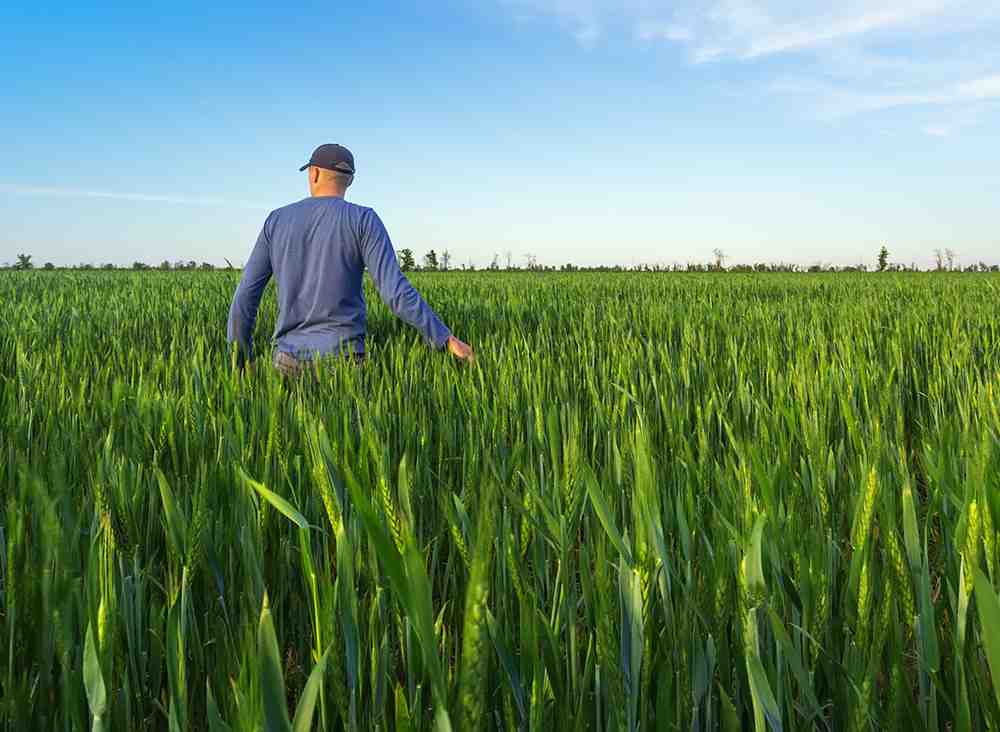
Emerging companies in industrial biotechnology, established businesses in the chemical and utility industries, as well as agribusinesses are anticipated to make up the customer base.
We will assist our clients in industrializing at a lower cost and/or in less time than they would have been able to do on their own, and we will do so while providing a guaranteed first-class professional service.
Our clients, with our assistance, will also be able to achieve sustainability from the perspective of a triple bottom line, that is, taking into consideration economic, environmental, and social responsibility in all of their business activities. The market's potential is enormous.
According to the projections of industry analysts, biorefineries will more than double their current annual revenue of $750 billion by 2025, reaching $1,500 billion.
Our business will soon launch new branches in a number of different countries.
The program anticipates achieving moderate returns over a period of three years and a healthy net worth by the end of the year, beginning with investments from outside investors.
At this point, the company ought to be prepared to grow the business by adding consultants or to consider making an acquisition from a larger consulting firm.
Mission This business will eventually become the most successful biorefinery consulting firm in the entire world.
They will offer their expertise in the scientific and financial evaluation of integrated biorefinery projects and endeavors.
We will provide this service while adhering to our economic, social, and environmental responsibilities to the industry, as well as to our own customers and to ourselves.
Aims In our pursuit of a visionary biorefinery platform, we aim to set industry standards of technical and preparations business excellence based on surveys taken within the industry and the level of satisfaction of our customers.
The following factors are essential for accomplishing this goal: Services in unique consulting that have a demonstrated track record.
Capability to handle competing companies' concerns regarding personal information and intellectual property.
In a field that is expanding at a rapid rate, increasing one's professional relevance (state-of-the-art awareness) and one's depth of knowledge are essential.
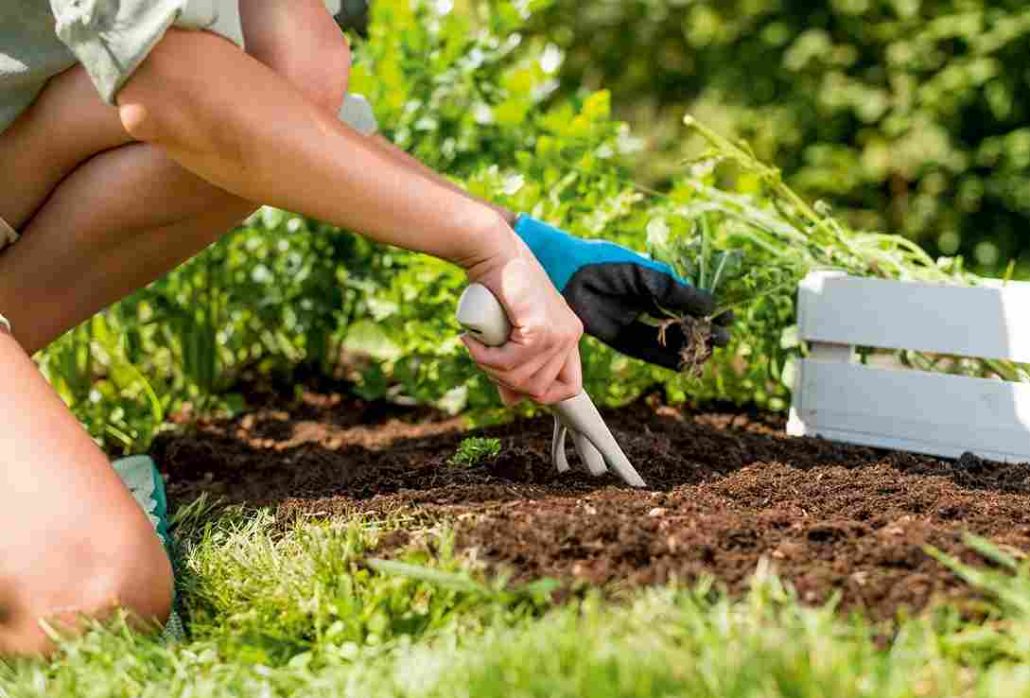
Displayed concern for the well-being of customers, which has resulted in repeat business for our company and earned us a solid reputation. Keep all of our current partners and employees.
The Way to Achieve Success Maintaining a high level of professionalism throughout all consultations Capability to effectively manage competitors' concerns regarding privacy and intellectual property Increasing one's professional relevance (knowledge of the most recent developments) and one's depth of understanding within a sector that is expanding at a rapid rate.
Keep your current clients as you can (repeat business) Executive Summary of Agriculture in the Farm Business Plan Prospects/Question The market for health products and vitamins is expanding at a breakneck pace.
Options that are natural and derived from plants are what customers want.
They started to think of the human body as a temple after a while.
They are trying to avoid becoming contaminated with chemicals.
The industry requires processing plants as well as a glasshouse for individuals who prefer to grow their own plants.
Solution Our company's long-term goal is to establish itself as a preeminent producer of botanical ingredients for the natural supplement sector and plant nurseries.
Market This business caters to three distinct clientele, namely greeneries that resell plants, botanical processors who work specifically with supplement companies, and supplement companies themselves.
The first two clients purchase plants so that they can use them in the products that they will ultimately sell to end-users.
There is a lot of excitement surrounding the market for natural supplements.
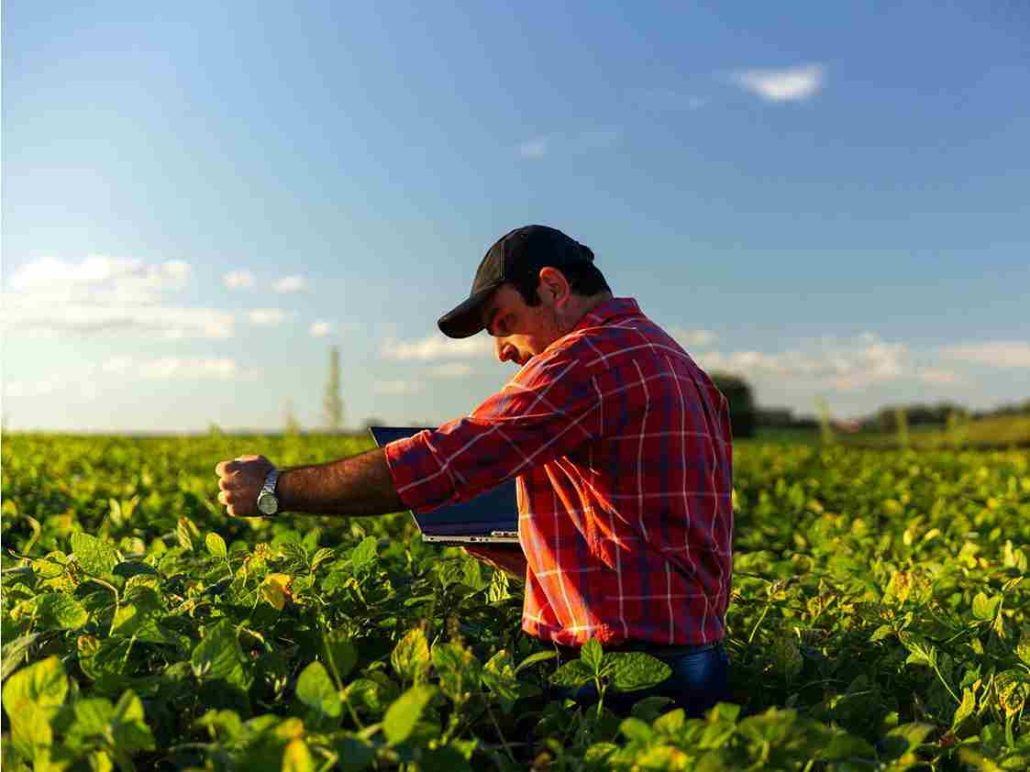
According to recent polls, more than 158 million people in the United States use some kind of dietary supplement.
This represents more than 55 percent of the total population.
An estimated 115.3 million consumers purchase vitamins and minerals for themselves, while another 55.8 million do so for other members of their family, including children.
Consumer surveys consistently find that nearly half of all Americans currently use herbal remedies.
This is a startling statistic when we consider that the modern industry for herbal products is just over 25 years old.
Competition There are two types of competitors: those that offer a botanical reward and large farms that are comparable in size and production capacity.
Similar-sized farms can range anywhere from 5 to 30 acres in size.
There are anywhere from a few to fifty different kinds of herbs that are grown here.
The preferences of the owner, combined with the capacity of the location and the local growing conditions, are taken into consideration when selecting plants for growth.
Why us? Our company's goal is to establish itself as the industry's go-to source for perennials, specifically vitamins and health supplements.
This will be accomplished by exceeding the expectations of the customers by providing quality saplings at reasonable prices while simultaneously exceeding their expectations.
Hopes/Anticipation In order to finance our research and development as well as production on a full-time basis, we need to invest in new equipment worth $35,000 as a long-term asset, bringing our total investment to $53,800. Because of this, we are looking for a significant increase in our business that does not require us to take out a loan of any kind from a financial institution or an individual.

According to estimates of sales, it will bring in a total of $190,000 by the end of the second year, with that number increasing to more than $400,000 by the end of the fourth year.
Funding that must be obtained Because we need an income of ten million dollars from our trades, we have no choice but to develop new strategies and adopt an approach that is much more laser-focused.
We will use the $35,000 in cash that is currently available from our business.
The Executive Summary of the Fruit Farm Business Plan The challenge presented by the plan Problem to be solved People want and need vegetables and foods that are related to vegetables that have a high nutritional quality as well as a good taste. The standard American diet should be ashamed of itself.
The prevalence of overweight and obesity is alarming.
Our solutions We make use of both current and future agricultural technologies to cultivate vegetables that are organic, delicious, and nutrient-dense.
We begin with the farm as it is today and develop bespoke, innovative tools. Up to this point, we have incorporated horticultural practices into the production of strawberries, which will enable dual utilization of the climate control portion of the overhead.
Market, competitors, and the possibilities currently available The most important agricultural regions in the world are located in Africa, specifically in nations such as Nigeria and Ghana.
This has resulted in an environment that is cutthroat in competition and features a large number of industry players.
Overall profits are low, and fierce competition exists for wholesaler contracts because almost every product can be categorized as a commodity, and large buyers tend to have stronger relationships with one another than individual farmers do.
Threats to competitive advantage typically originate from the following three sources: Vegetables of poorer quality should be imported.
Grown in Mississippi Pound Regional Vegetable Gardeners There are three farms in the surrounding area that provide direct competition for the individual buyer market segment.
These farms are Aniston Farms, Organics-to-You Farms, and Terence Livingston Vegetable Farms.
Every one of these rivals needs to set up shop and start selling their wares, with neighborhood farmers serving as their primary customers.

However, with the exception of farms that provide organic food directly to consumers, none of the others target particular markets and are highly reliant on subsidies from the federal government.
Our advantage The goal of the Farmer Group's strategy is to maximize the use of existing and emerging agricultural technologies in the cultivation of vegetables.
The acquisition of the established and profitable vegetable farm, complete with all of the essential and cutting-edge custom-built machinery, will provide the company with a significant competitive advantage in the industry.
The increased use of horticultural techniques in strawberry production will allow for dual utilization of the climate control section that is located at the top of the structure.
By omitting the possibility of constructing an additional facility with a higher production capacity, the farmer group has the intention of capitalizing on the significant amount of goodwill that has already been established in the existing supply and demand dynamic.
Ready for the websites of the future is one of the objectives that the company has set for itself for the first year.
The Green Acres vegetable system has been put back into operation after being moved, expanded, and upgraded.
Green culture should be incorporated into the system.
The composting system needs to be completely functional by the beginning of the spring of the following year.
The long-term strategy of the company is to discontinue the product lines that generate the lowest profits and to replace them with lines that are more functional and economical.

0
0